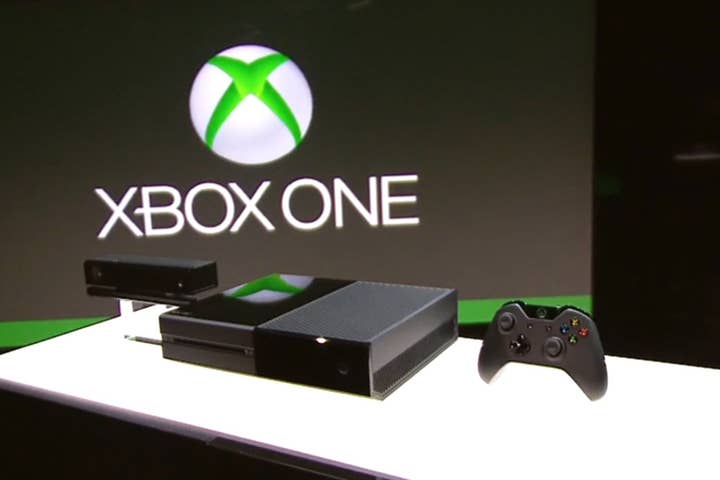Xbox One requires online connection, no fee for used games
Share games with people who have been on your friends list for at least 30 days; each game can only be shared once
Without any fanfare, Microsoft has released a website detailing how the Xbox One will handle its online connection, second-hand games, and the all-new Kinect. Microsoft calls the Xbox One a "modern, connected device," and means every word of it: the console needs an online connection every 24 hours.
"With Xbox One you can game offline for up to 24 hours on your primary console, or one hour if you are logged on to a separate console accessing your library. Offline gaming is not possible after these prescribed times until you re-establish a connection, but you can still watch live TV and enjoy Blu-ray and DVD movies," reads the page explaining the console's online features.
"While a persistent connection is not required, Xbox One is designed to verify if system, application or game updates are needed and to see if you have acquired new games, or resold, traded in, or given your game to a friend. Games that are designed to take advantage of the cloud may require a connection."
Once games are installed from either a retail disc or Xbox Live purchase, that game will be available at anytime in the cloud. Microsoft says that "discs will continue to be a great way to install your games quickly," pointing to the retail disc as merely a delivery system for the game license and code. Xbox One lets up to ten family members log in and play a shared library of games on the console, so specific family members won't need their own game license. The system will allow trade, trade-in, and resell Xbox One games, but only if game publishers allow it.
"We designed Xbox One so game publishers can enable you to trade in your games at participating retailers. Microsoft does not charge a platform fee to retailers, publishers, or consumers for enabling transfer of these games," says the game license page.
"Xbox One is designed so game publishers can enable you to give your disc-based games to your friends. There are no fees charged as part of these transfers. There are two requirements: you can only give them to people who have been on your friends list for at least 30 days and each game can only be given once."
Finally, Microsoft tackles the updated Kinect, which has led to privacy concerns in some consumers. Though some games may require Kinect functionality, the peripheral can be turned off, even in the Xbox One's standby mode.
"If you don't want the Kinect sensor on while playing games or enjoying your entertainment, you can pause Kinect. To turn off your Xbox One, just say 'Xbox Off.' When the system is off, it's only listening for the single voice command -- 'Xbox On,' and you can even turn that feature off too," says the Kinect portion of the site.
"You will determine how responsive and personalized your Xbox One is to you and your family during setup. The system will navigate you through key privacy options, like automatic or manual sign in, privacy settings, and clear notifications about how data is used. When Xbox One is on and you're simply having a conversation in your living room, your conversation is not being recorded or uploaded."
Microsoft has answered a ton of questions for consumers and the media, but those answers may not be the ones we were hoping to hear.









